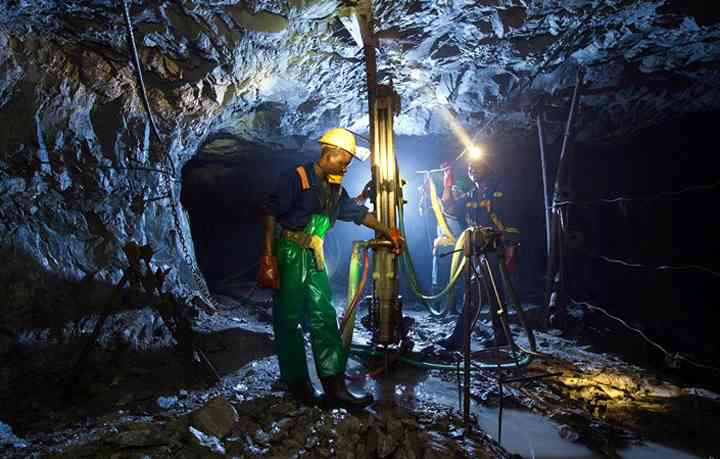
BY BUSINESS REPORTER THE Zimbabwe National Chamber of Commerce (ZNCC) has warned that price controls will result in shortage of basic commodities.
Last month, Vice-President Kembo Mohadi announced that government and business member organisations had agreed to a price moratorium in light of spiralling prices as a result of hyperinflation.
In that regard, businesses were ordered to revert to March 25 pricing levels.
However, this price moratorium has largely been ignored by retailers as inflation continues to rise due to the weakening Zimbabwe dollar.
“As Zimbabwe National Chamber of Commerce (ZNCC), with membership across all the value chains of the economy, was not consulted when the decision on the price freeze was implemented … This is not the first time that price controls have been introduced in Zimbabwe. In 2007, the economy came to a halt due to price controls,” said ZNCC, in a new research document titled Sustainable and Market Friendly Interventions to Addressing Price Spiralling During The Lockdown.
“With products to be affected by the price moratorium set to include basic commodities; sugar, rice, maize meal, cooking oil, salt and bread, price freeze of these commodities may decrease product availability from manufacturers and producers which will spawn shortages on retail and wholesale shelves. The suppliers of the basic commodities have not reduced the prices as yet.”
ZNCC research showed that a price freeze would see manufacturers withholding their products given the unattractive price levels in the market.
As a result, companies operating at already thin capacity utilisation levels would negatively be impacted, affecting supply that may cost jobs.
- Chamisa under fire over US$120K donation
- Mavhunga puts DeMbare into Chibuku quarterfinals
- Pension funds bet on Cabora Bassa oilfields
- Councils defy govt fire tender directive
Keep Reading
“Though the overall objective of price controls is to lower prices for consumers, controls distort market forces of supply and demand and can lead to serious shortages of goods and services, thereby worsening the problems on the market rather than solve them,” ZNCC said.
“In terms of competition, any price control removes the rivalry among business people, hence it kills competition. Price setting/control is bad for competition.”
ZNCC argued that if the set prices were below the market price, it would be a disincentive for producers to produce more.
And conversely, if the set prices were above the market price, then consumers suffer and businesses would not have any incentive to reduce the prices below the set price.
“COVID-19 is already weighing on industry production with disruptions in supply/value chains — and price control will worsen the situation. From the ZNCC survey on the impact of the lockdown, business also indicated that the lockdown has resulted in labour supply disruption and uncertainty in business decision making,” ZNCC said.
“Price control is focusing on the retail side and not the production side – this will weigh on companies revenues. Focusing on the retail side means that producers need to reduce prices, no research and analysis of the value chains and costs of production has been conducted to this effect.”
Added ZNCC: “Implementing price controls at such a time when the economy is characterised by policy inconsistency which is weighing on Industry performance will be detrimental to industry given that capacity utilisation is already below 40% on average”.
The research shows that price controls will worsen the macroeconomic environment which remains characterised by cash shortages, competition from the informal sector, high unemployment levels, low aggregate demand, limited investment inflows and high cost of doing business.











